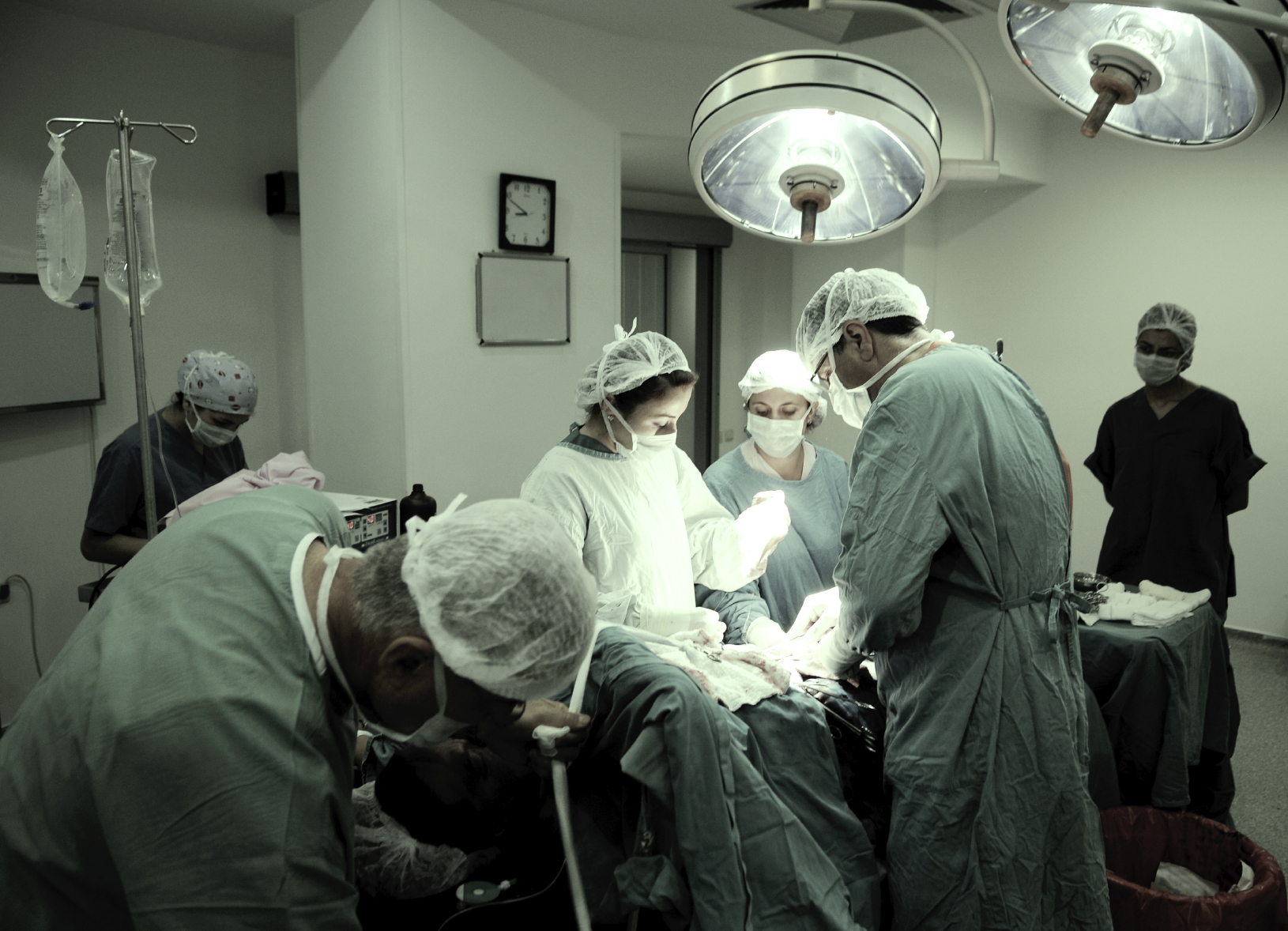In France, up to June 2018, ovarian tissue autografts “were authorised only within the scope of research”. The technique can restore fertility in women with cancer.
“Chemotherapy is toxic for the ovaries“, explains Professor Michael Grynberg, head of the Reproductive Medicine and Fertility Preservation department at Antoine-Béclère Hospital in Clamart. He goes on to add: “It destroys the stock of ovarian follicles (Editor’s note: the structure containing the eggs), which can lead to early menopause. As for radiotherapy, if it targets the genitals, it can alter the uterus and prevent embryo implantation”.
The preservation of ovarian tissue requires a surgical procedure lasting half an hour, during which doctors remove part of each ovary and section and freeze the tissue. Once the patient “is out of the woods”, the ovary fragments, “which have been stored in readiness for four years at a temperature below 196 degrees, are reimplanted”. Menstruation will resume and the woman can conceive. In France, the first baby conceived following ovarian tissue autograft in Alsace, in May 2017, will soon be born.
However, there is still a risk that tumour cells could be reintroduced during the procedure. The technique is not recommended with some cancers as the risk is too high. Moreover, many women are unable to carry the pregnancy to term and will be redirected towards egg donation or adoption.
In France, the National Cancer Institute estimates that 3,500 women under the age of 35 and 17,200 people of child-bearing age will be diagnosed each year with cancer.
For further reading:
- Freezing the ovarian cortex preserves female fertility in the event of cancer
- Fertility preservation: 17,200 French people are affected each year
- Ovarian tissue autografts – hope for women after cancer
- Treatment of cancer and infertility: Alternatives to medically assisted procreation (MAP)
- A baby boy is born following an ovary transplant
Le Figaro, Cécile Thibert (26/11/2018)

